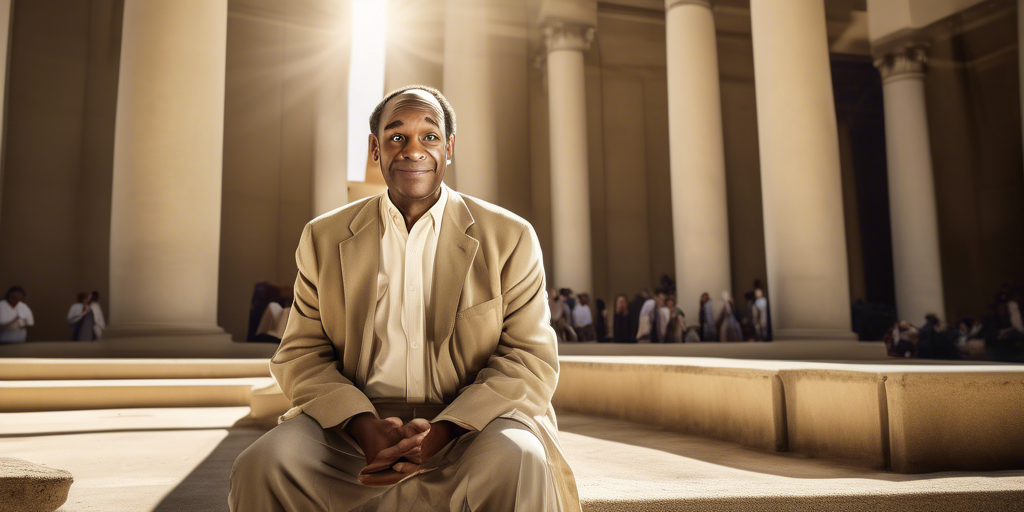Mere Christianity continues to inspire debate, reflection, and faith exploration across the United States in 2025. As churches and believers confront modern challenges, Mere Christianity serves as a reference point for clarity. In many faith communities, Mere Christianity is cited as a guide for grounding personal convictions.
🎯 The Enduring Influence of C. S. Lewis
C. S. Lewis’s Mere Christianity remains a foundational text for Christians seeking a deeper understanding of their beliefs. Written in the mid-20th century, the book bridges denominational divides and emphasizes the core principles shared by all Christians. Lewis’s accessible style makes complex theological concepts understandable to many.
Today, church leaders and faith-based organizations often look to Mere Christianity for guidance. Its arguments for faith, morality, and the nature of God resonate with both new believers and long-time Christians. In a society increasingly questioning traditional values, Lewis’s logic-driven approach offers reassurance and intellectual rigor.
💡 Contemporary Relevance in 2025
In 2025, Mere Christianity is at the center of ongoing debates about the role of faith in American society. Recent opinion pieces highlight how some churches face challenges maintaining substantive teachings. Critics warn against reducing Christianity to a superficial belief, emphasizing the need for deeper grounding as advocated by Lewis.
Discussions in the American church increasingly reference Lewis’s call to “teach your moods ‘where they get off,’” encouraging believers to anchor faith beyond emotions. As faith communities navigate social and political pressures, Mere Christianity provides a steadying influence amid uncertainty.
🔍 Intersection of Faith, Politics, and Culture
The relationship between faith and public life is a topic of heated discussion in the US. In 2025, debates over the separation of church and state, prompted by recent IRS rulings, have intensified. Opinion leaders point to Mere Christianity for guidance on maintaining spiritual integrity while engaging with broader societal issues.
Lewis’s argument that Christians should impact the present world by keeping their focus on the eternal continues to resonate. This perspective shapes contemporary conversations about the balance between moral convictions and civic responsibilities within American churches.
⚡ New Generations Discovering Mere Christianity
Younger Americans are turning to Mere Christianity for answers in a rapidly changing world. Online forums, study groups, and podcasts discuss the book’s themes, from the existence of God to ethical living. Many find Lewis’s honesty and logic appealing amid widespread skepticism.
The book’s influence spans denominations, drawing in Catholics, Protestants, and even those exploring spirituality outside traditional Christianity. As more people seek authentic faith experiences, Mere Christianity remains a source of unity and inspiration.
Mere Christianity continues to shape conversations about faith, identity, and responsibility in the US. If this topic interests you, your friends may want to join the conversation as well. Compartilhe com eles agora mesmo!
